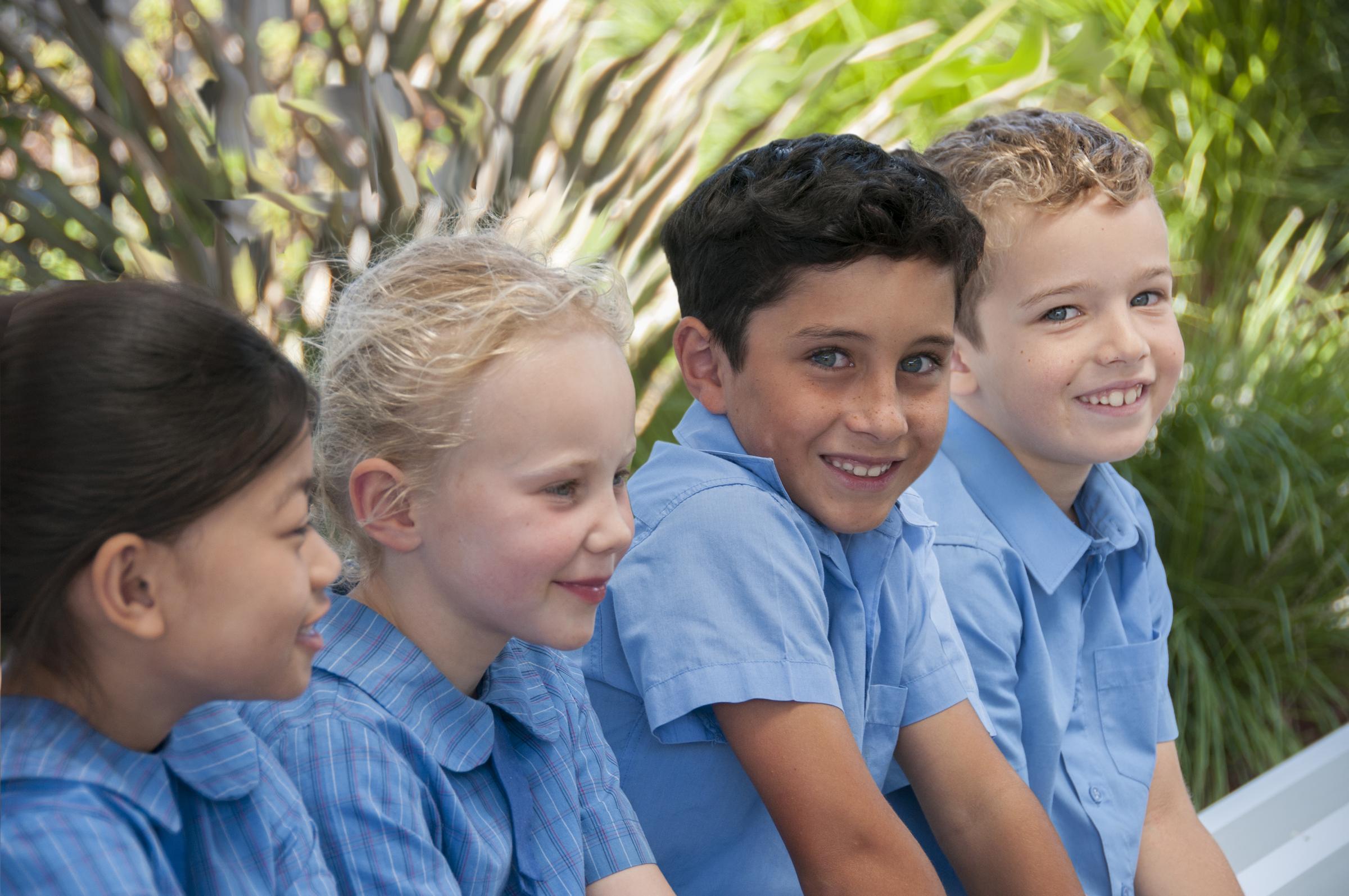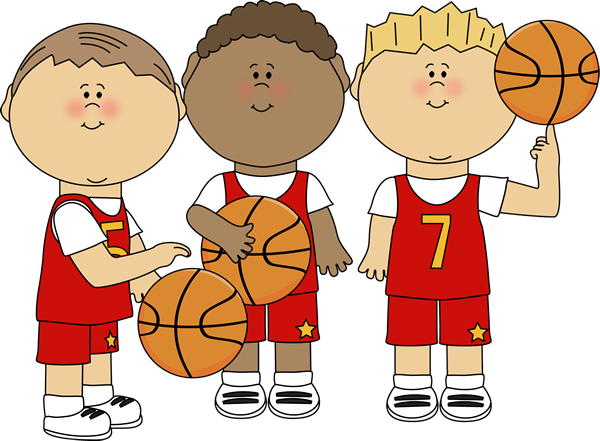Student Wellbeing News

Wellbeing Spotlight: Prep Community
Focus: Playing Fairly
The Prep Community have been learning to play fairly with others:
- We have been involved in role play activities
- We have played different games and made sure that we all knew what the rules were
- We share and care for others by taking turns
- We learnt to make friends with different people by playing fairly
- We have learnt to express and identify our feelings to others
- We have learnt that we can let our partner pick a game and take turns choosing games so it is fair
- We have been practicing skills to include others in groups.
Wellbeing Tips
Focus: Anxiety in Children
Anxiety is part of our survival instinct. When we’re faced with a threatening situation, our brains and bodies respond by kicking into safety mode. Our adrenaline starts pumping, helping us get ready to escape the danger. However some people, including children, react more quickly or intensely to situations they find threatening, or find it harder to get their anxious feelings under control. Some kids also perceive the world to be scarier or more dangerous than others.
What is ‘normal’ anxiety in kids?
Fearful and anxious behavior is common in children – especially as they come across new situations and experiences. Most children learn to cope with different fears and worries.
However, they may need some extra support when:
- they feel anxious more than other children of a similar age
- anxiety stops them participating in activities at school or socially
- anxiety interferes with their ability to do things that other children their age can do
- their fears and worries seem out of proportion to the issues in their life.
How anxiety affects children
As well as affecting how kids feel, anxiety can have an effect on their thinking. They perceive the fear or danger they’re worried about to be much greater than it actually is. Thinking about the situation makes them more worried and tense. Kids experiencing anxiety may come up with their own strategies to try and manage distressing situations. This often involves trying to avoid the situation or having a parent or other adult deal with it for them. While this works in the short term, avoiding the fearful situation makes it more likely that they’ll feel anxious and be unable to manage it next time. As a result, they can find it harder to cope with everyday stresses at home, school and in social settings.
Anxiety can also result in physical symptoms such as sleeplessness, diarrhea, stomach aches and headaches (sometimes referred to as somatic complaints). Other symptoms may include irritability, difficulty concentrating and tiredness.
What to look for
A child with anxiety difficulties may...
seek reassurance often
avoid situations they feel worried or scared about
try to get others to do the things they are worried about
tell you they have physical pains
dislike taking risks or trying new things
have lots of fears
get upset easily
have lots of worries
You may notice your child...
- clings to you
- asks for help with things they can do for themselves
- doesn’t want to get ready for school
- won’t go to sleep without a parent or other adult
- asks, “will you do it for me?” or “will you tell them for me?” a lot
- often complains of stomach pains or headaches
- worries a lot about doing things right
- prefers to watch others rather than have a go
- is scared of the dark, dogs, injections, being alone, germs, tests
- often cries over small things
- complains about being picked on a lot
- always sees the dangerous or negative side of things
Haylea Anderson
(Wellbeing Leader)


